AeroGenie — Your Intelligent Copilot.
Trending
Categories
Cyberattack on Collins Aerospace Disrupts Operations at European Airports
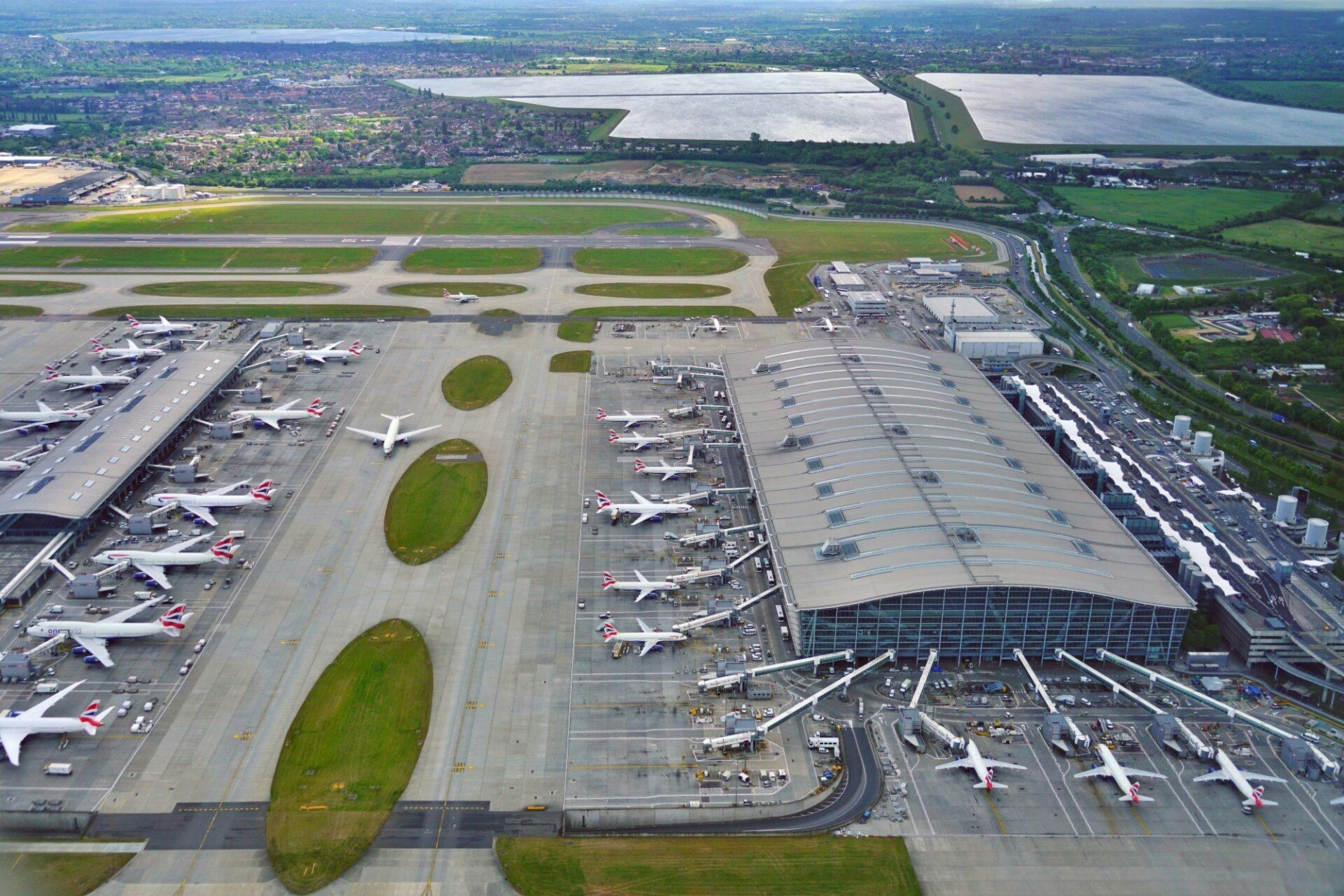
Cyberattack on Collins Aerospace Disrupts Operations at European Airports
A significant cyberattack targeting Collins Aerospace’s MUSE check-in and boarding software caused widespread disruption across major European airports over the weekend. The incident, which began late on Friday, September 19, 2025, resulted in extensive delays, cancellations, and long queues at key hubs including London Heathrow, Brussels, and Berlin Brandenburg airports.
Disruption and Response
Collins Aerospace, a subsidiary of RTX, confirmed the event as a “cyber-related disruption” affecting its multi-user system responsible for electronic check-in, bag tagging, and boarding processes. The attack compelled airports to revert to manual procedures, considerably slowing passenger processing and prompting advisories for travelers to verify their flight details and arrive earlier than usual.
Heathrow Airport experienced the most severe impact, with operations gradually returning to normal by the morning of September 21. Despite the resumption of most flights, manual processing continued to cause delays. Brussels Airport warned of ongoing schedule disruptions, while Berlin Brandenburg maintained contingency measures, reporting moderate delays throughout the weekend.
Broader Implications and Investigations
The disruption extended across multiple European airports, highlighting the vulnerabilities inherent in shared passenger-processing platforms utilized by aviation technology providers. Airport authorities emphasized that the incident was confined to a vendor platform and did not compromise airport safety systems or air traffic control operations. Nevertheless, the outage underscored the operational risks posed by cyberattacks on critical infrastructure.
Investigations have been launched by authorities in several countries to determine the origin of the attack and assess the resilience of the affected systems. Collins Aerospace and RTX have refrained from releasing detailed technical information beyond confirming the cyber incident.
By midday on September 21, delays had eased at Heathrow, remained moderate at Berlin, and were improving but still significant at Brussels, according to airport updates and aggregated flight-status data. Airlines continued to assist passengers whose check-in was processed manually during the outage.
This episode has drawn renewed attention to the cybersecurity challenges facing the aviation sector, particularly the risks associated with dependence on centralized technology platforms. While flight safety was not directly compromised, the loss of automated check-in capabilities triggered increased staffing demands, gate holds, and cascading delays across airline networks, illustrating the broader operational vulnerabilities exposed by such cyberattacks.
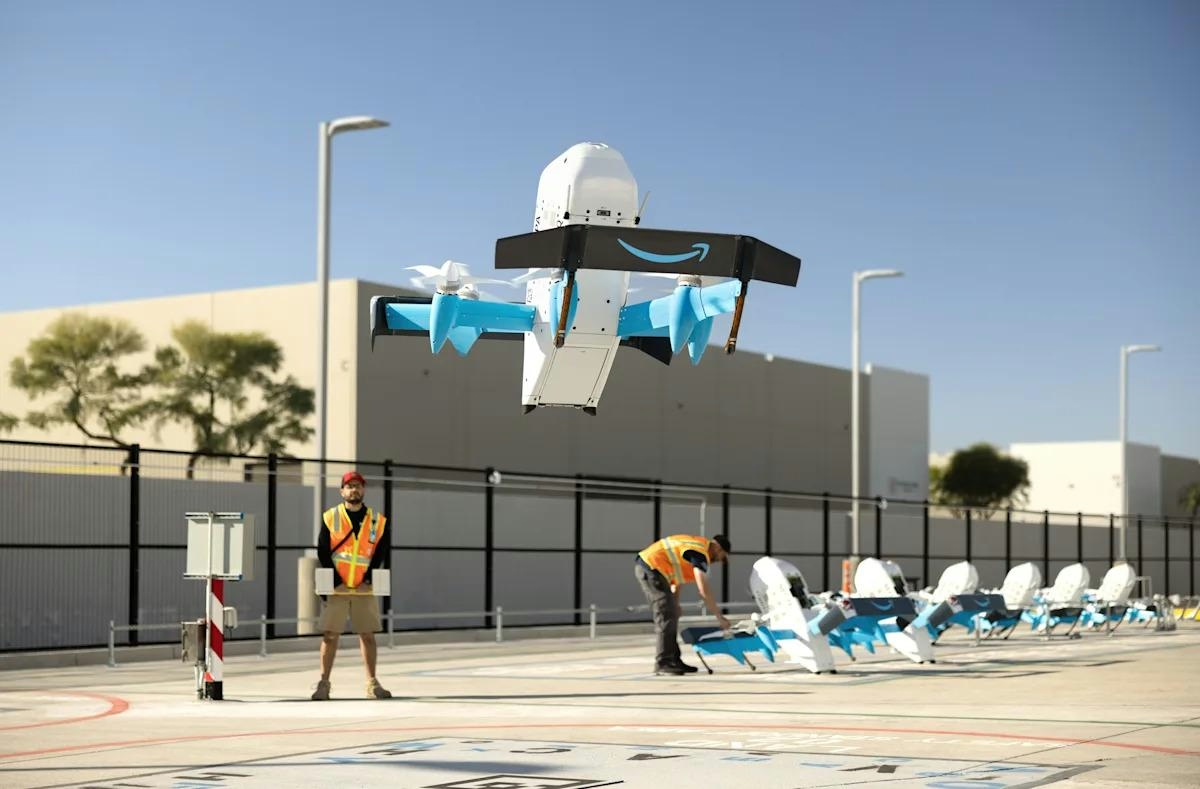
Amazon to Launch Drone Delivery in Chicago Suburbs
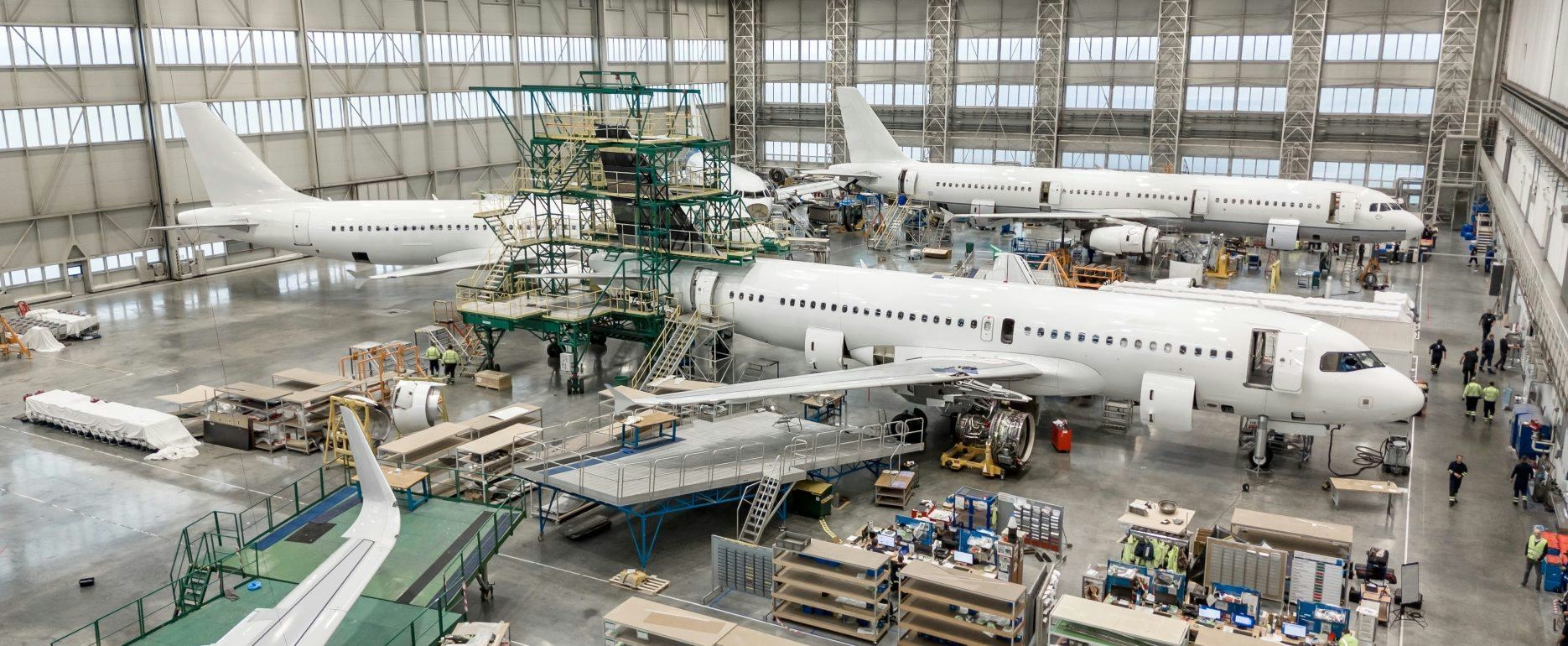
FL Technics Acquires Job Air Technic

Sheltair Opens New MRO Hangar at Tampa International Airport
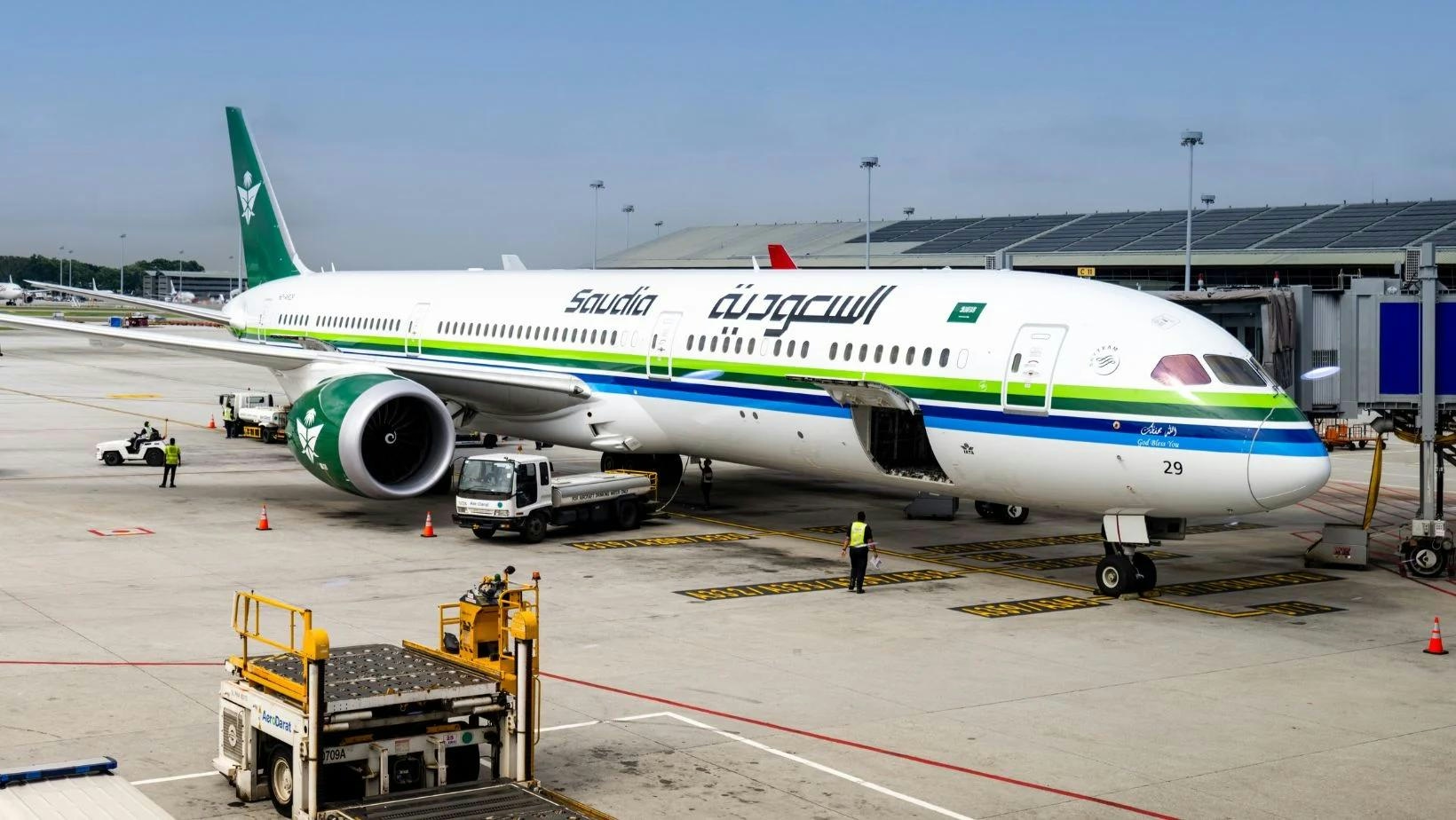
Saudia Group Partners with Veryon to Enhance Digital Maintenance Analytics
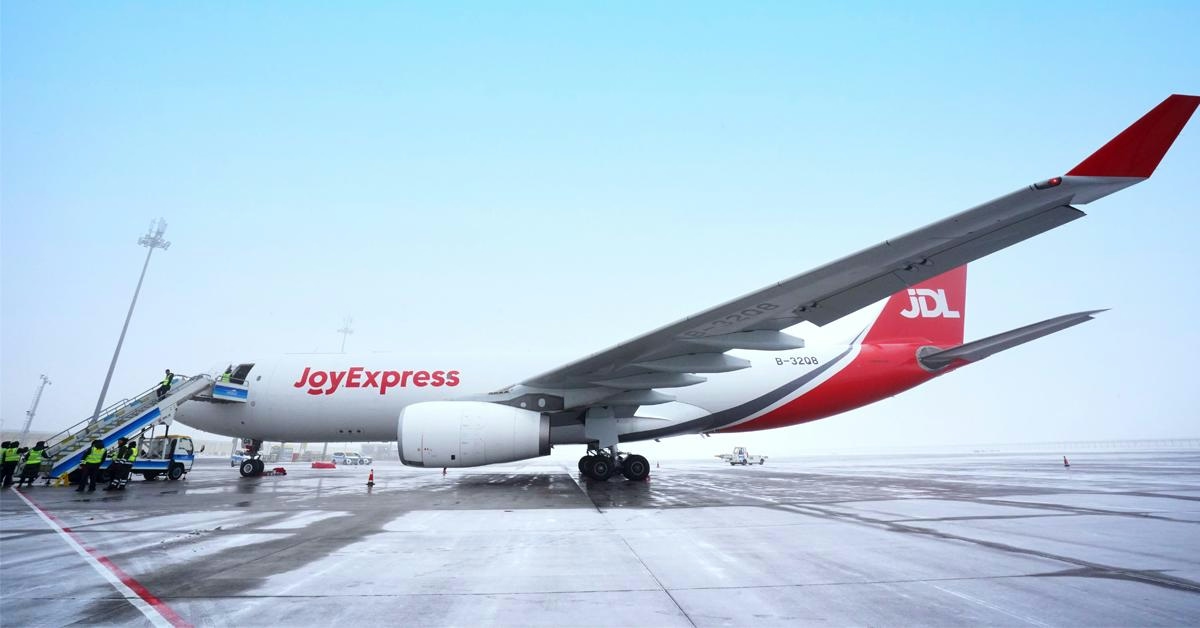
Rolls-Royce secures JD Airlines as Trent 700 customer for A330-200P2F
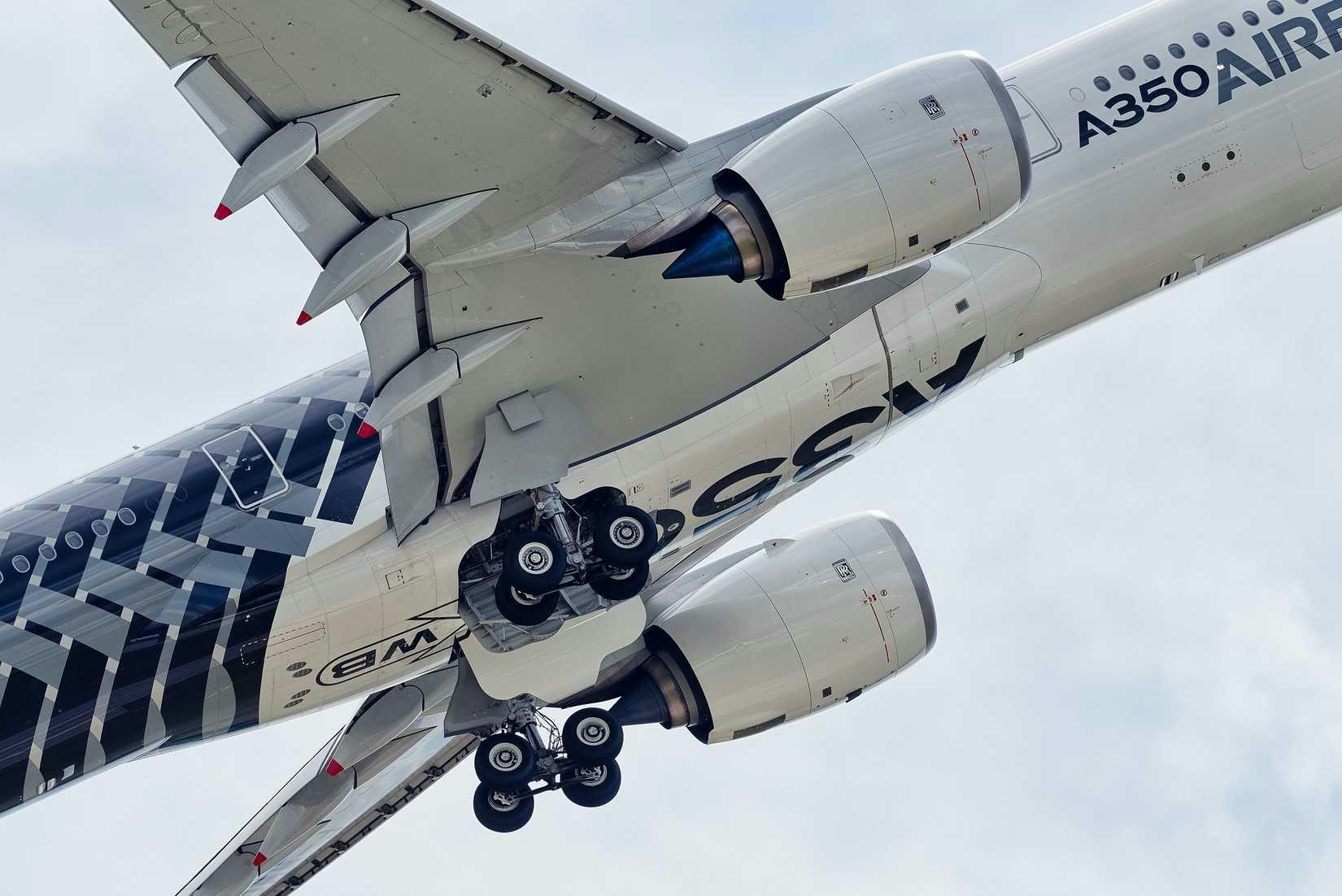
United Airlines Cancels Airbus A350-900 Orders Following Dispute With Rolls-Royce

Emirates Expands Routes with Updated Cabin Experience
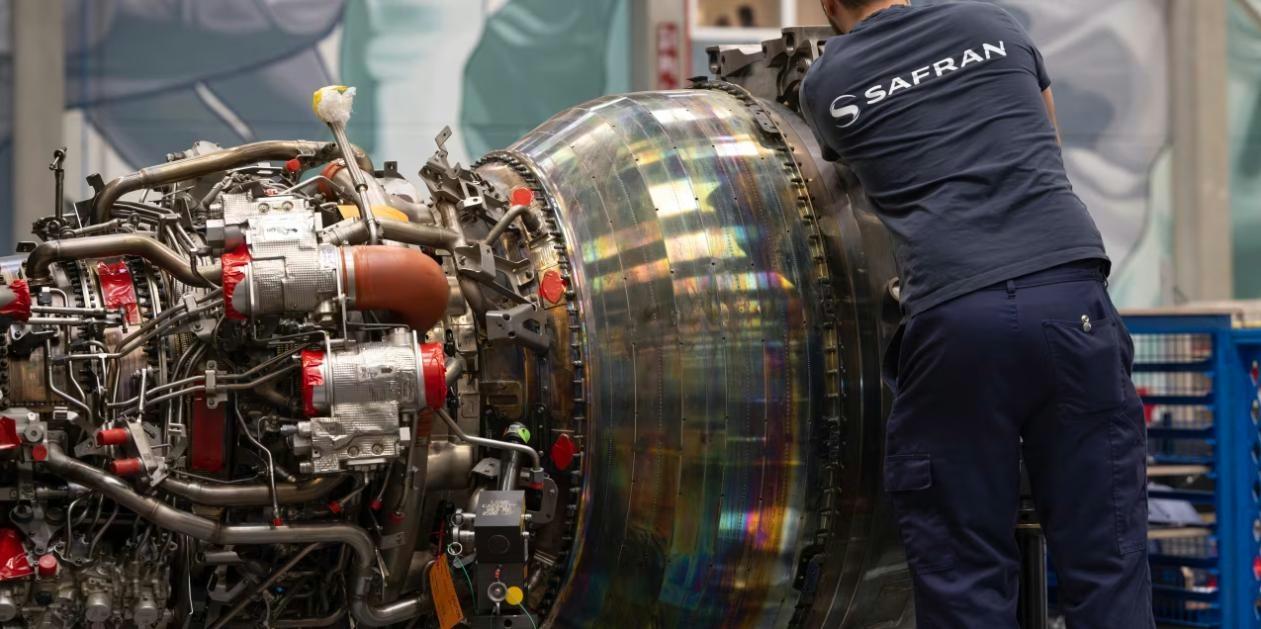
Safran Raises 2026 Outlook on Strong Jet Engine Aftermarket Demand

Chorus to Acquire Kadex Aero Supply
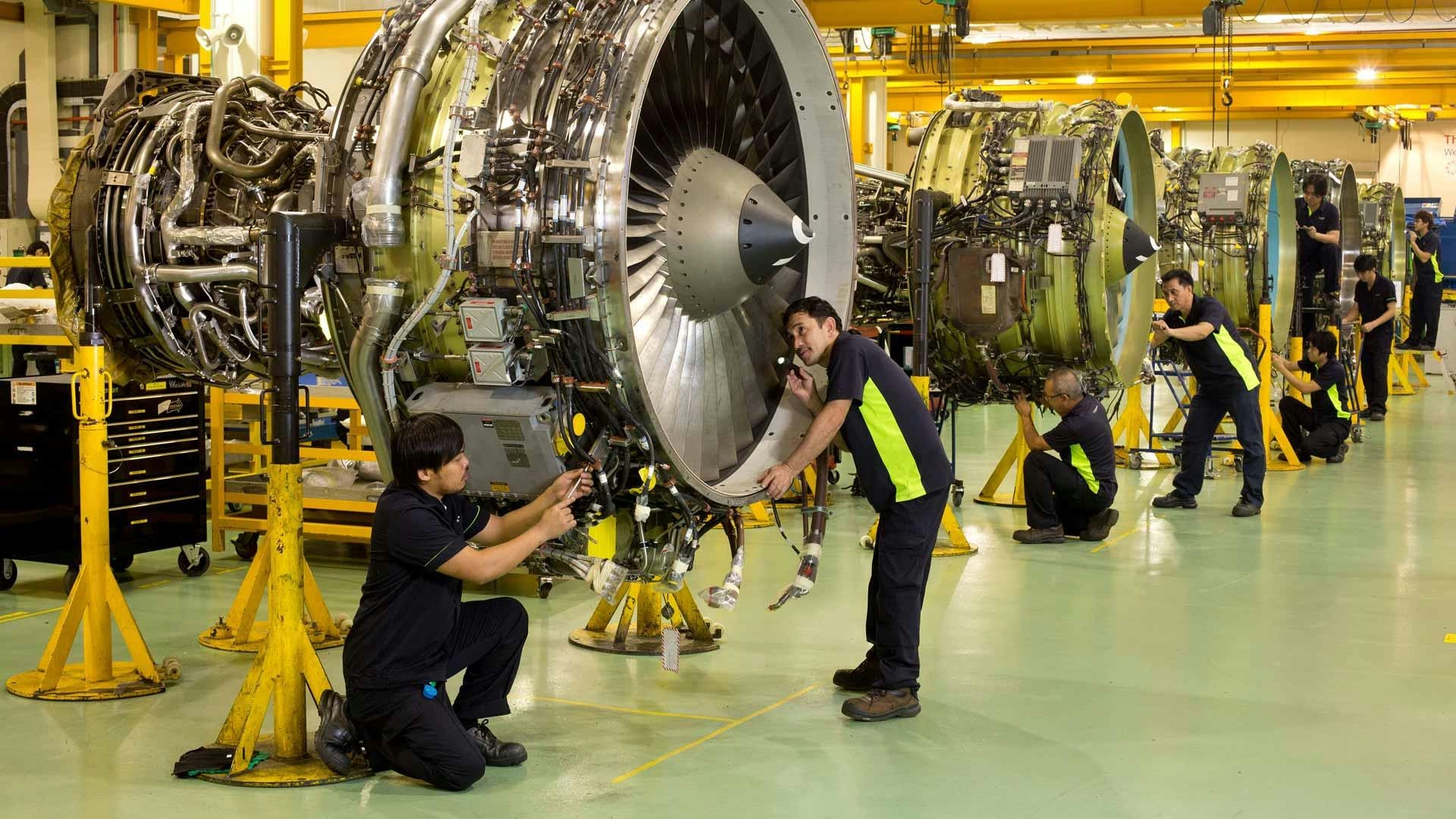
WLFC Completes First In-House Core Engine Restoration
